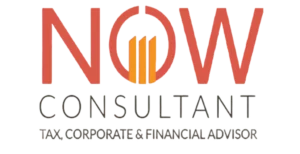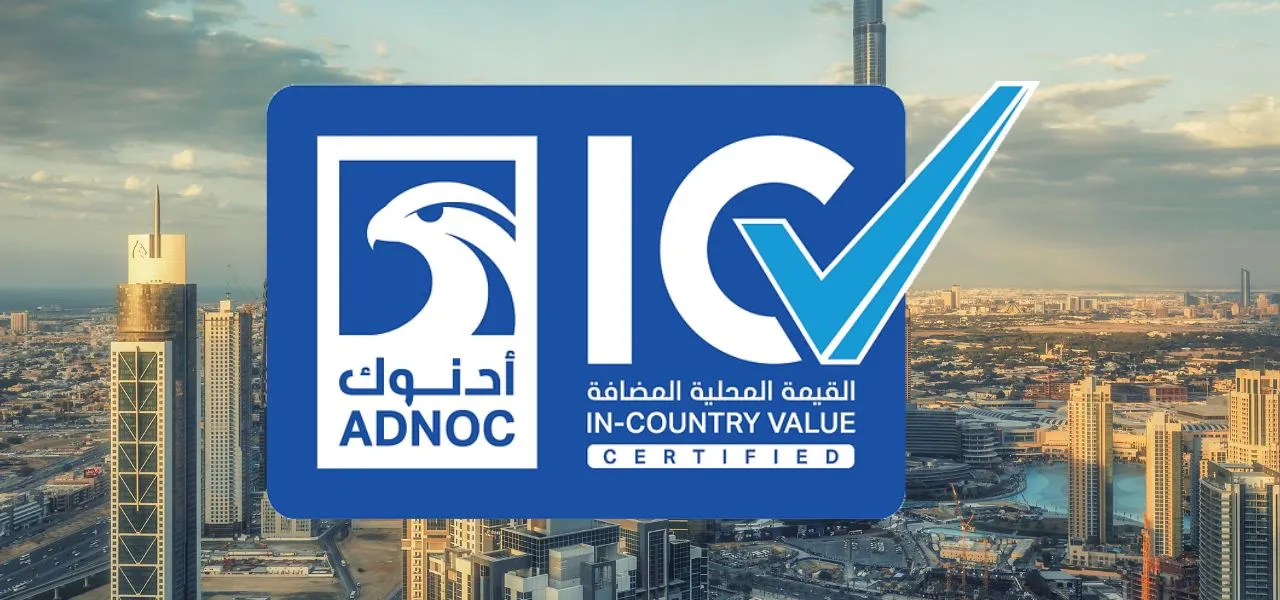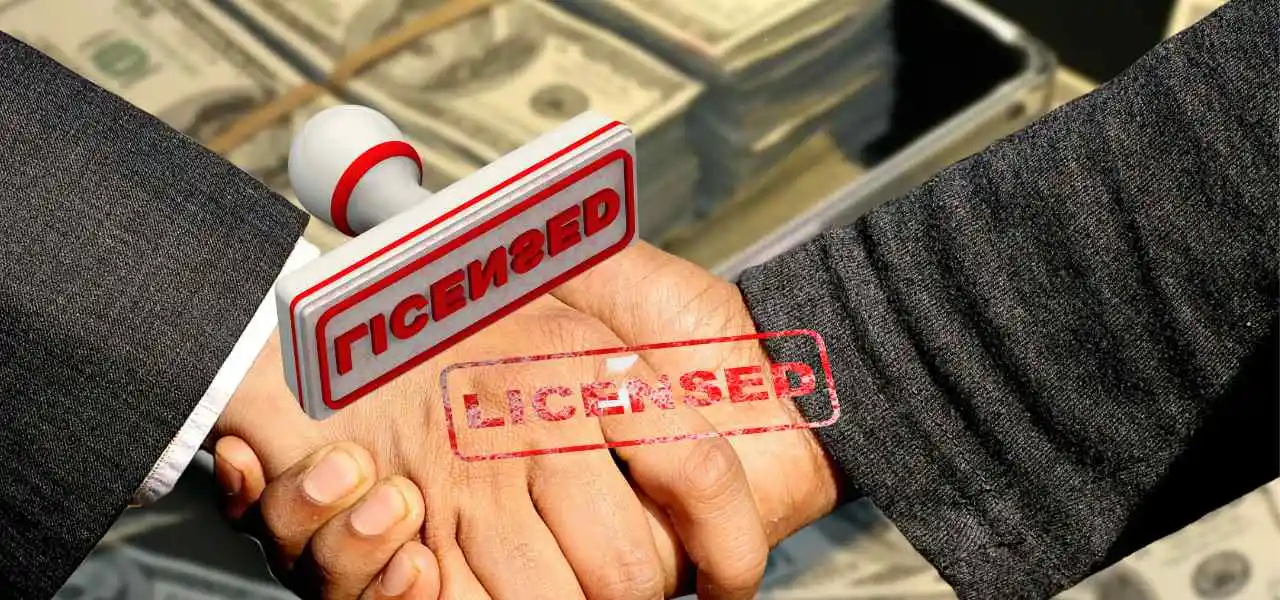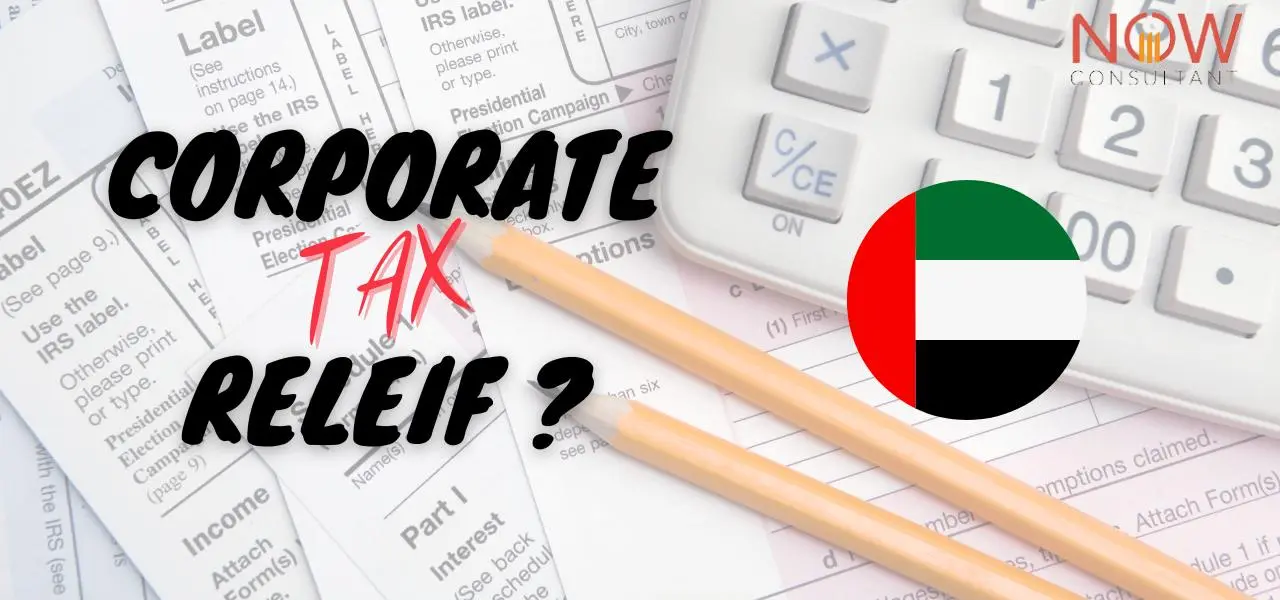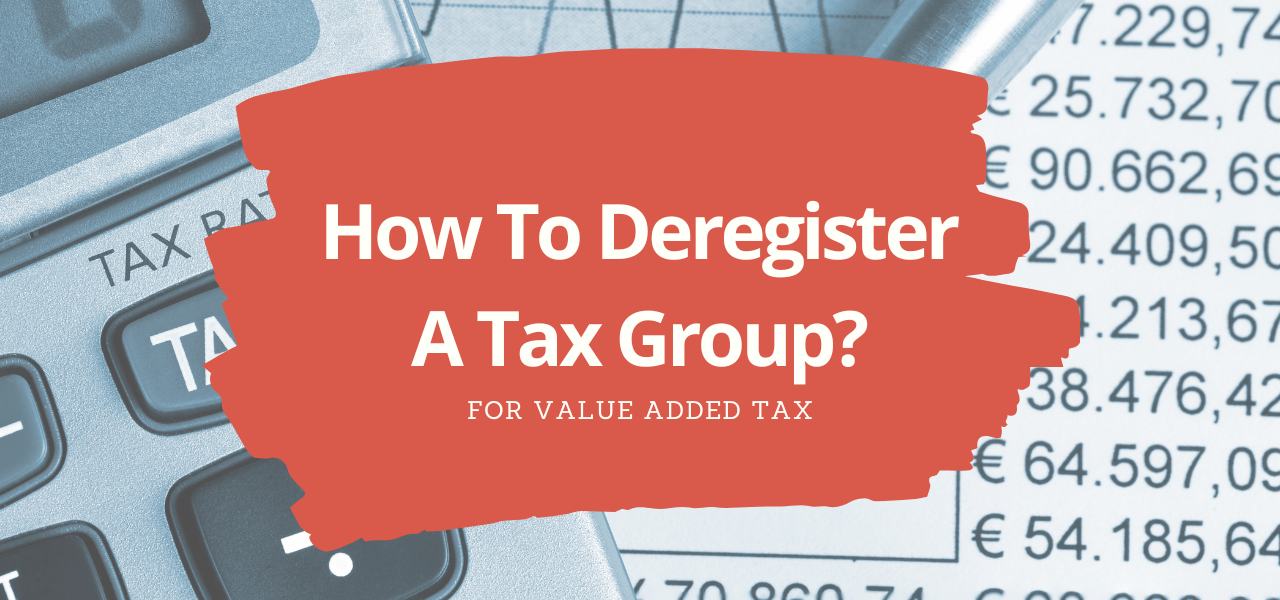Much of this over the past few years, the United Arab Emirates (UAE) has experienced notable strides in its economic expansion and progress. success can be attributed to innovative initiatives like the In-Country Value (ICV) program. In this article, we will delve into the intricacies of ICV certification, shedding light on what it is, who can obtain it, and the process involved.
What is an ICV Certification:
The ICV Certificate in the UAE, part of a broader Middle East program, was initiated by Abu Dhabi National Oil Company, also known as ADNOC in January 2018 and serves a dual objective: fostering economic growth in the UAE and providing support to homegrown enterprises. This program encourages local suppliers to prioritize obtaining the ICV Certificate, overseen by the Ministry of Industry and Advanced Technology (MoIAT), focusing on optimizing the oil and gas sector’s value.
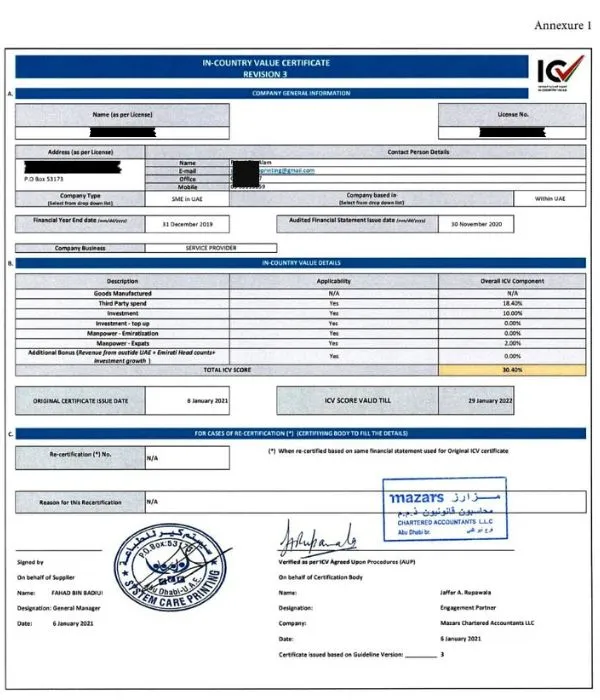
The ICV Certification program has three main objectives: promoting GDP growth by encouraging local sourcing, enhancing human capital development by increasing Emirati employment, and driving technology adoption through increased R&D investment and competitiveness.
Determine ICV Score:
The determination of an entity’s ICV score involves a meticulous evaluation of the economic value contributed by the company. This assessment encompasses several pivotal factors, including exports, revenue generation, third-party expenditures, investments made, goods manufactured, and the creation of employment opportunities for UAE nationals.
Criteria To Get an ICV Certificate In UAE:
The ICV Certification program is not limited to the oil and gas sector. It extends its reach to companies in various industries that wish to engage with the UAE government. For companies to acquire an ICV certificate, they are required to engage with designated vendors.
Presently, there are 23 certifying firms, with Now Consultant audit firm being a prominent ICV Certifying Body in the UAE, boasting ADNOC Approved ICV Auditors to facilitate ICV Certification.
To be eligible for an ICV certificate, businesses must meet specific criteria:
1. Government Registration:
Companies must register with the relevant governmental body and possess a legitimate trade license.
2. Physical Presence:
Being physically located within the UAE and actively engaged in the manufacturing of products or provision of services is essential.
3. Sector-Specific Criteria:
Each industry sector has specific ICV program guidelines, considering factors like local content, infrastructure investment, and workforce Emiratization.
The certification process involves an independent audit conducted by an authorized ICV certification body to evaluate a company’s performance and award accreditation based on the ICV score.
Key Aspects of the In-Country Value (ICV) Certificate:
- ADNOC strongly recommends suppliers to obtain ICV certifications through approved ADNOC channels.
- Non-certified suppliers participating in group tenders receive a zero ICV score.
- ICV certificates are based on the audit report of the previous financial year, not exceeding a two-year timeframe.
- Certificate validity extends up to 18 months from issuance or the date of new financial statements.
- Suppliers must secure a revised ICV certificate within two months of receiving newly audited financial statements.
- The ICV certificate is virtually indispensable for businesses looking to participate in tenders with ADNOC or its affiliated parties.
How To Get an ICV Certificate:
Firms seeking ICV Certification in the UAE are required to conform to the ICV Financial standards set forth by ADNOC. They must also submit their ICV score to ADNOC, which may involve making operational changes.
Here is the complete ICV Certification process:
1. Provide Verified Financial Records
Companies need to provide audited financial statements. The statements are prepared by following the International Financial Reporting Standards (IFRS) guidelines.
2. Review of ICV Certification
An ICV certifying body, authorized by MoIAT (Ministry of Industry and Advanced Technology), evaluates the ICV certificate request and issues it if all conditions are met.
3. Complete ICV Template
Companies must fill and submit the ICV Template, ensuring compliance with MOIAT guidelines.
4. Evaluation
The certifying body verifies the ICV template and supporting documents according to MOIAT guidelines. Additionally, there is the possibility of a thorough on-site audit.
5. Approval from ICV Committee
The ICV committee, operating under MOIAT, reviews and approves the certification process.
6. Supplier Approval on ICV
The supplier evaluates and consents to the unsigned ICV Certificate forwarded to the Certifying Body.
7. ICV Certificate Issuance
Upon successful evaluation, the certifying body issues the ICV Certificate, which can be submitted to participating entities.
To maintain ICV benefits, businesses must renew their certification by submitting updated financial statements and completing a fresh ICV template.
Why You Need an ICV Certificate in UAE
Individuals and SMEs can accelerate business growth through the ICV program, localizing value chains. ADNOC endorses ICV certification from approved sources, and non-certified suppliers receive zero ICV scores in group tenders.
For effective participation in government tenders, obtaining ICV certification is vital, as it influences evaluation and contract awards. Companies with higher scores have a competitive edge, making ICV certification a beneficial tool. The National ICV Program involves declaring ICV achievement assessed during tender evaluations by the public sectors.
How Now Consultant Can Help
NOW Consultant, a respected UAE auditing firm, expertly handles ICV Certification. They guide businesses through the audit, assist with ICV template completion, and secure ADNOC certification. Contact them for streamlined ICV compliance and support in contributing to the UAE’s economic growth.
FAQs
What is the ADNOC ICV Certificate?
The ADNOC ICV Certificate is an accreditation awarded to ADNOC suppliers as part of the UAE’s In-Country Value (ICV) program. It signifies compliance with the oil and gas sector’s localization and economic growth objectives. Authorized Adnoc ICV certification agencies conduct evaluations, verifying financial records for adherence to set conditions.
What Is The Validity of ICV Certificate In UAE?
The validity of an ICV certificate in the UAE is typically for 14 months, commencing from the issuance date of audited financial statements. Businesses seeking recertification can use the same audited financial statements within the validity period, but the initial 14-month validity remains unchanged.

